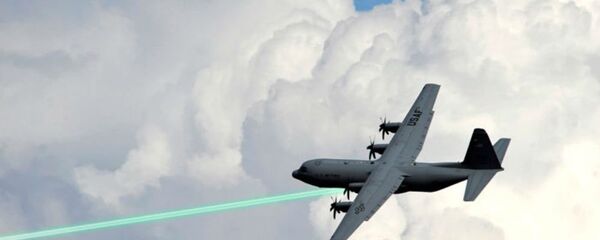"The things you can see, the amount of data you can collect, the things that you can do post [flight] processing using digital technology allows Russia, in my opinion, to get incredible foundational intelligence on critical infrastructure, bases, ports, all of our facilities," Stewart said at a hearing by the US House of Representatives Armed Services Committee.
"I would love to deny Russians having that capability," the three-star US Marine Corps general added.
The concerns expressed by Stewart appear to contradict a view expressed by the US Department of State, which has characterized intelligence gains from spy planes as incremental compared with information available through other means.
The Open Skies Treaty allows unarmed observation flights over the entire territory of 34 nations, including the United States and Russia. Signed in 1992 amid global euphoria over the end of the Cold War, the treaty was intended to foster military transparency and to help monitor arms control and other agreements.
Russia has announced its intent to submit plans for such flights over the United States. A 120-period after a formal request is submitted means that the flights could not begin before this summer at the earliest, according to US officials.


